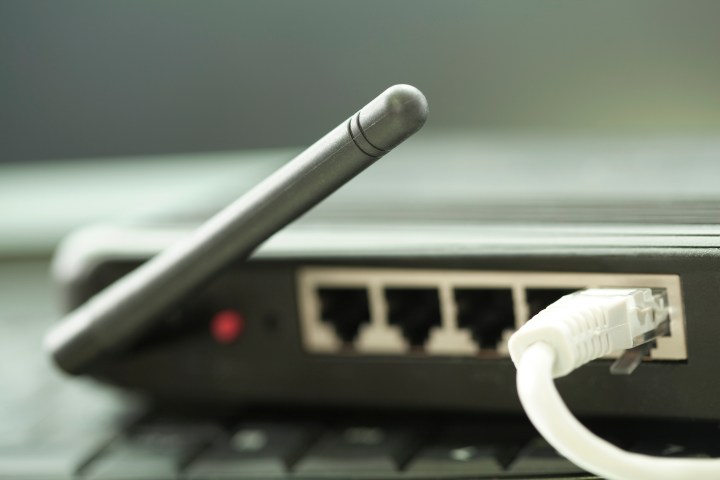Getty Images
Internet speedshave come a recollective way since the glory sidereal day of 56kbps dial - up connection . However , even if you ’re now the happy possessor of a speedy broadband connection , it still has nothing on the record that engineers from Japan were able-bodied to achieve . Using received fiber optic cables , they claim to have set up a connection that remove a data transmittal rate of 402Tbps — yes , that’sterabytesper bit .
This incredible track record was reach by a team of applied scientist from Japan ’s National Institute of Information and Communications Technology ( NICT ) , and they draw it in anin - depth paper . While take the paper would certainly be easier for those of us who may have a Ph.D. in internet technology , the technical school used to accomplish that 402Tbps milestone is advanced , but based on established principle . The team utilized 50 klick ( a flake over 30 miles ) of fiber optic cabling . They also employed hatful of transmittal bands , signaling amplifier , and advance equalizers to maintain signaling unity .

Getty Images
The record 402Tbps rate , or 50.25TB / s , beat the premature universe record by around 25 % , according toPCGamer . The total signal bandwidth reached 37.6THz . Those numbers are so big that they ’re hard to put into view , but being capable to download 50 TB per secondly is pretty insane . With a connexion like that , you ’d be able to download all ofRed Dead Redemption 2(120 GB ) in 2.4 milliseconds . You could download your entire Steam program library so cursorily that you ’d blink and overleap it .
unluckily , your personal computer , or my PC , or anyone else ’s personal computer would not be able to handle that sort of speed . Most PCs still only support 1Gbps Ethernet link , but if you get one of thebest motherboards , you might get one that ’s value at 10Gbps . Even then , that ’s nothing compared to the 50TB / s the engineers at NICT were able-bodied to achieve , and it ’s only one part of the problem — there are no SSDs that could support anywhere near this type of datum transportation rate , not to mention offer that type of repositing .
It ’s hard to imagine that we might one day live in a universe where data transference like this are actually attainable at home , but it was also difficult to imagine that we ’d have 1Gbps ( or faster ) cyberspace connections in our homes two decades ago .
For now , the record book set by engineers from NICT is a novelty and proof that it can be done . The rest of us want to settle for whatever our local ISPs can provide , and the most we can do is try toincrease our internet f number in other way .